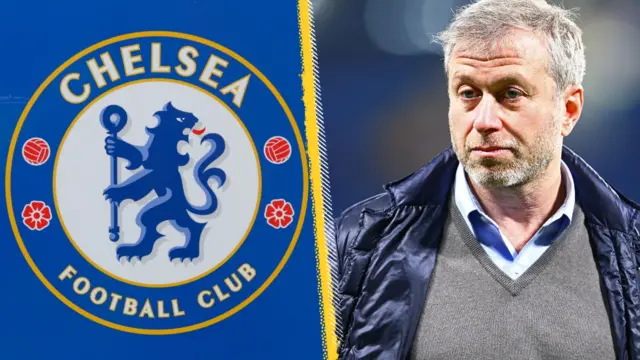The UK government is pressing for funds from Roman Abramovich’s £2.5 billion Chelsea Football Club sale to be directed toward victims of the Ukraine war. Though the sale concluded in May 2022, the massive sum remains frozen in a UK bank account, untouched, amid legal and diplomatic entanglements.
What’s the Hold-Up?
The sale of Chelsea FC, once owned by Russian billionaire Roman Abramovich, was a condition-heavy deal born out of the Russian invasion of Ukraine. As a sanctioned individual, Abramovich couldn’t profit from the transaction, but he agreed publicly that proceeds would benefit war victims. That promise is now under scrutiny as the UK government insists on seeing it through.
According to UK officials, they’re committed to ensuring every penny goes to Ukraine war victims, not political organizations or ambiguous causes. However, complex EU involvement, Abramovich’s proposed structures for managing the funds, and disagreements on oversight have delayed distribution for over two years.
Where the Funds Stand
Currently, the £2.5 billion is stuck in limbo, held in a UK account. Any movement of the money requires an Office of Financial Sanctions Implementation (OFSI) license, which has not yet been issued. The UK wants absolute assurance that the funds won’t be siphoned through Russian-tied NGOs or entities.
Abramovich proposed that an independent foundation be set up to manage the funds, with former UNICEF executive Mike Penrose lined up to lead it. But delays and a lack of transparency in how this foundation would operate have made UK officials hesitant to approve the plan.
Victims Still Waiting
While governments and lawyers negotiate the best path forward, actual victims of the Ukraine war wait. Over 10 million people have been displaced, thousands killed, and critical infrastructure destroyed. The idea that a multi-billion-pound aid package exists but isn’t reaching them has drawn criticism.
Ukrainian President Volodymyr Zelenskyy and other leaders have previously pushed for the funds to be released directly to Ukraine’s rebuilding efforts. But the UK wants assurance that aid won’t just be absorbed into a national budget — they want targeted support for humanitarian relief.
What’s Next?
UK officials say they remain determined to unlock the funds “as soon as the proper legal and governance conditions are met.” Whether that means directly administering the funds or approving a third-party organization, the goal is to ensure transparency and accountability.
As the war drags on and humanitarian needs grow, the UK is under increasing pressure to act — and to make good on Abramovich’s stated intention to help victims, not hide behind red tape.



